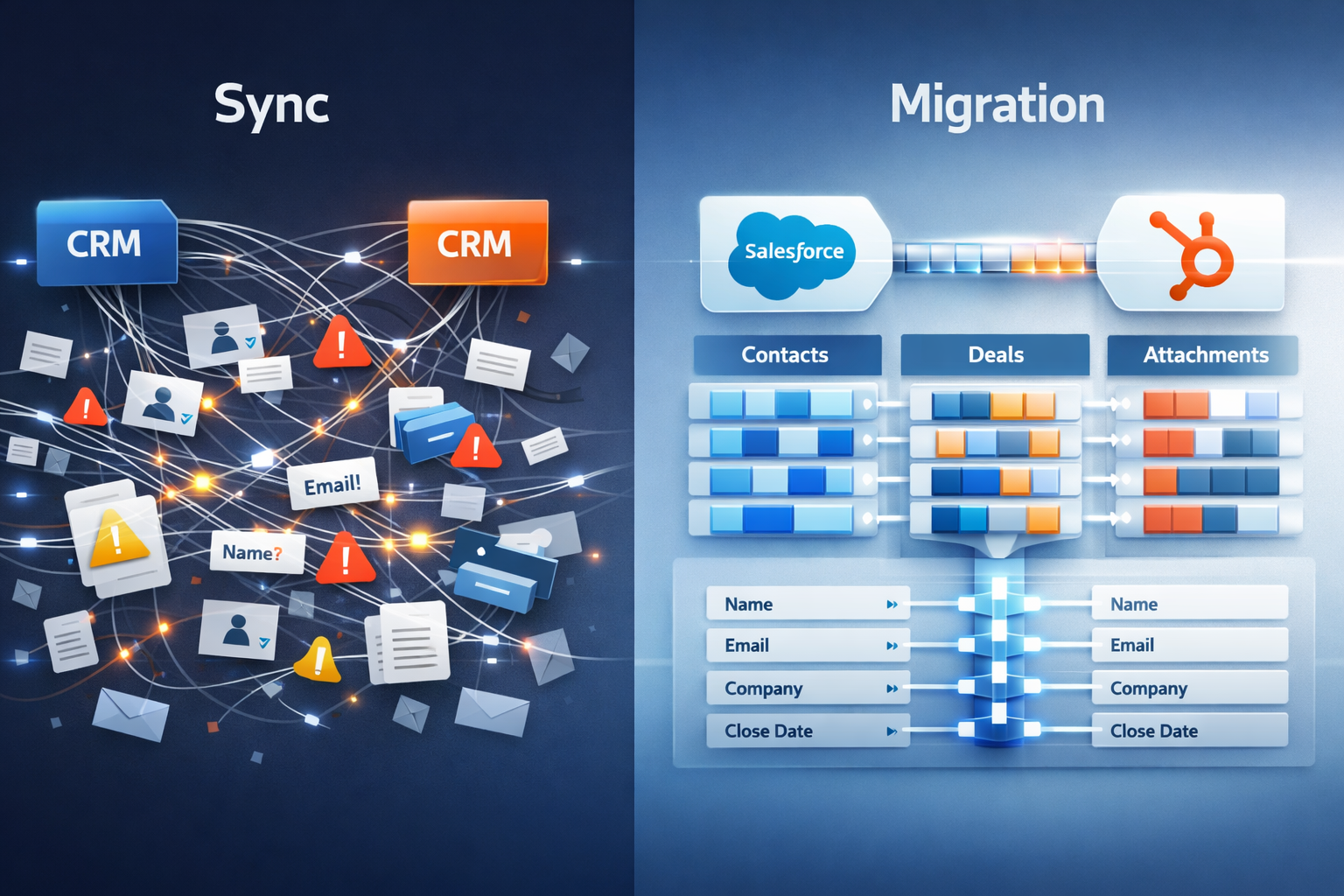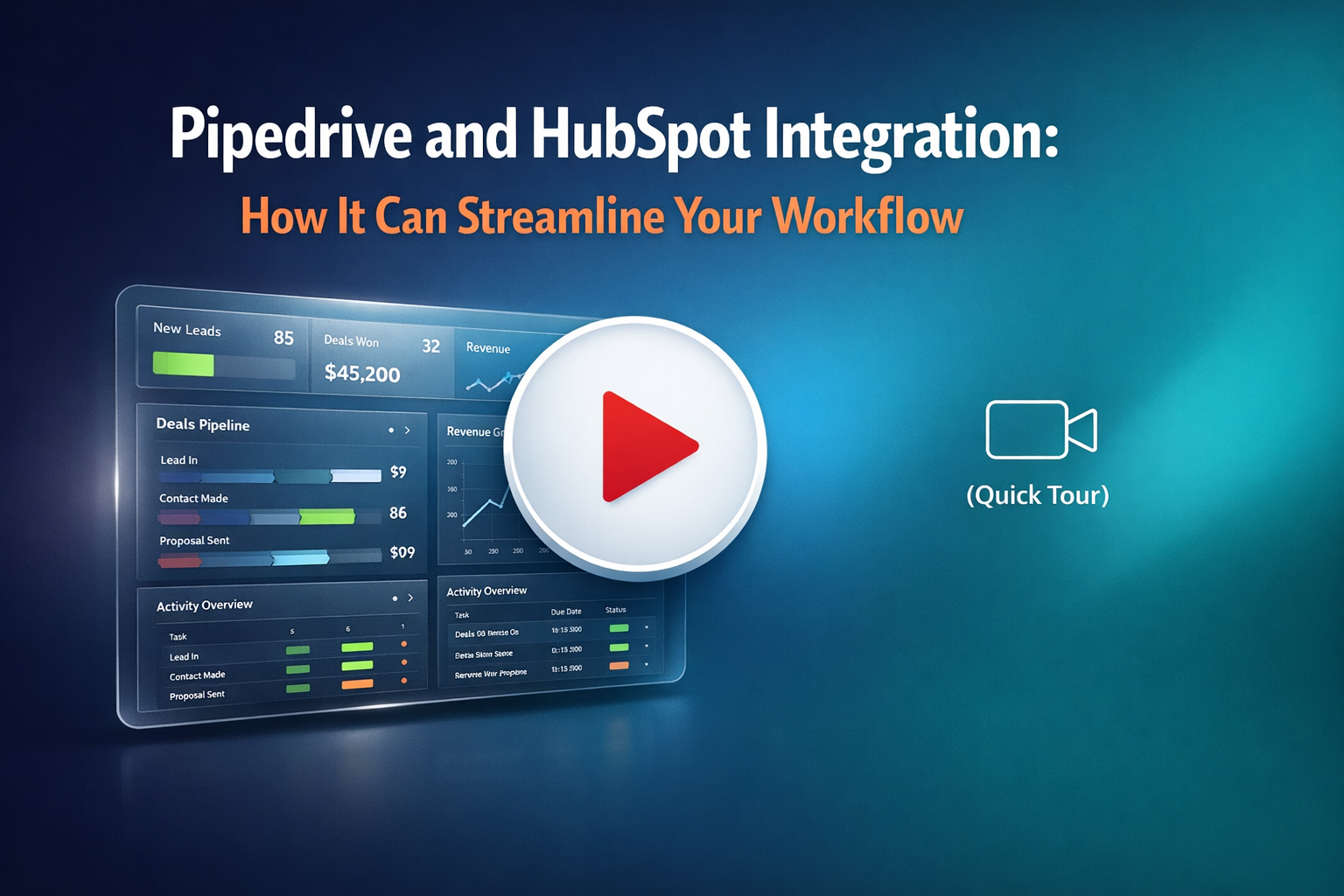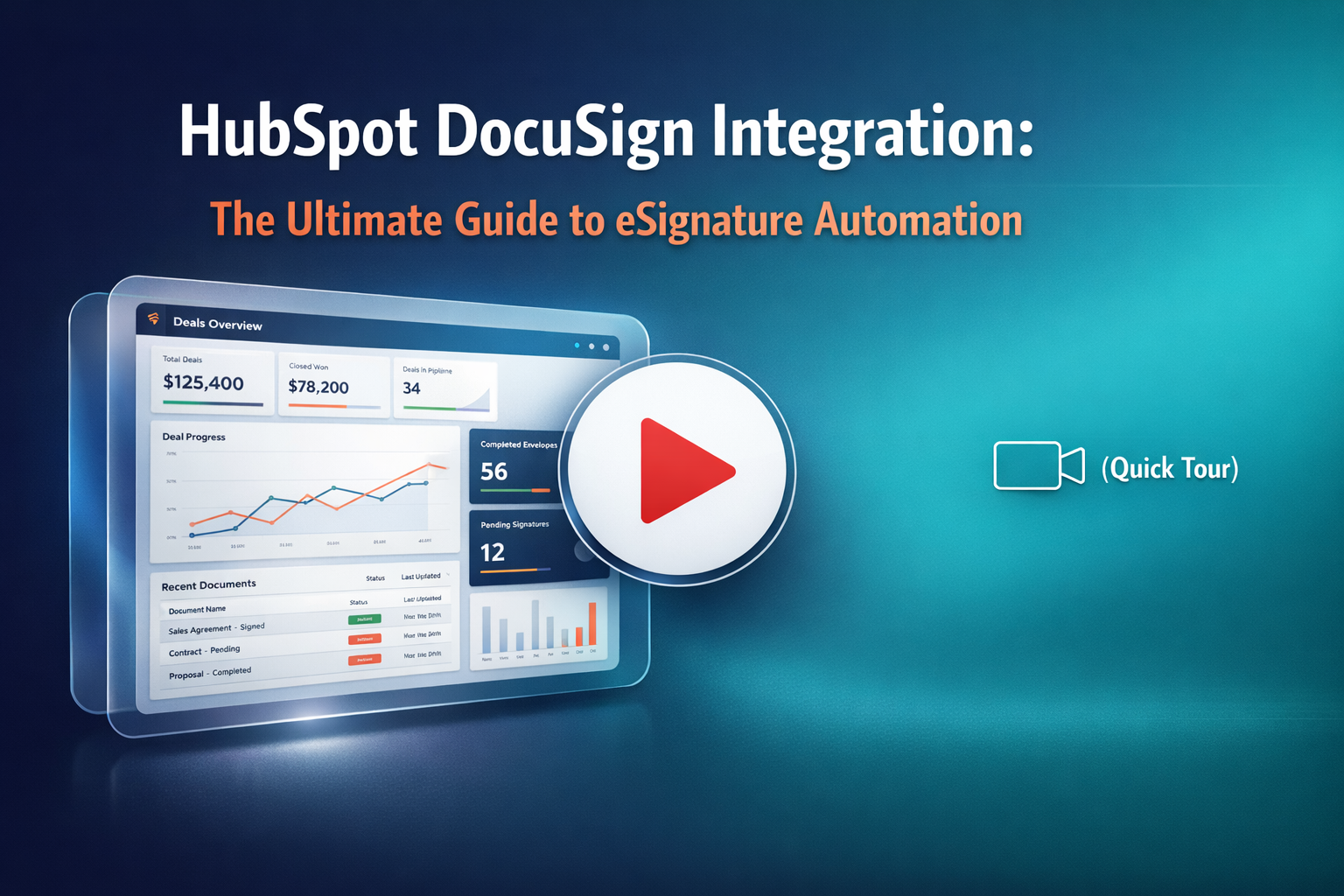What is a Powerful Content Marketing Strategy?
A well-defined and systematic approach to developing, distributing, and managing content that matches with your business goals and resonates with your target audience is a successful content marketing strategy. It focuses on creating value, building relationships, and driving desired goals rather than merely producing material.
A strong content marketing strategy, at its foundation, entails extensive study and planning. It all begins with a thorough understanding of your target audience's demands, pain spots, and preferences. You can personalize your material to target their individual concerns and deliver meaningful solutions by discovering these crucial insights. Setting clear and quantifiable goals that connect with your overall business objectives is also part of a powerful content marketing plan. Your approach should have particular goals in mind, whether it's generating leads, building brand awareness, or driving conversions.
A strong content marketing strategy also emphasizes the consistent creation of high-quality content across several platforms and formats. It entails developing content that is engaging, educational, and relevant to the interests of your target audience. You can establish thought leadership, build trust with your audience, and generate organic traffic by continuously publishing great content.
To enhance the effectiveness of your content marketing strategy, yfou must effectively employ distribution channels. This could entail optimizing your content for search engines, utilizing social media platforms, utilizing email marketing, or pursuing collaborations with industry influencers or magazines. A strong content marketing strategy is a well-planned and implemented approach that focuses on providing valuable, targeted content, reaching the right audience, and driving real outcomes.

HubSpot as an inbound marketing platform
HubSpot is a major inbound marketing platform that provides a comprehensive set of tools and capabilities to help organizations succeed with content marketing. HubSpot, as an inbound marketing platform, enables organizations to attract, engage, and delight customers by focusing on providing relevant content and cultivating meaningful relationships.
HubSpot provides a plethora of capabilities focused at streamlining and optimizing firms' content marketing initiatives. Users get access to tools for conducting keyword research, developing interesting content, optimizing for search engines, acquiring leads, and assessing performance all in one spot.
Businesses can simply create and manage content marketing campaigns using HubSpot's user-friendly interface and straightforward workflows. HubSpot offers a comprehensive solution that streamlines the process of developing a successful content marketing plan, whether it is organizing content concepts, setting publication schedules, monitoring performance indicators, or revising strategies.

Define Your Goals and Target Audience
When embarking on the journey of building a successful content marketing strategy, it is crucial to begin by defining your goals and understanding your target audience. These fundamental steps serve as the bedrock for your entire marketing approach, ensuring that your efforts are purposeful and well-aligned.
Start by setting clear and specific goals that you wish to achieve through your content marketing strategy. Whether it's expanding brand awareness, driving website traffic, generating leads, or fostering customer loyalty, articulating your objectives provides a unified sense of direction for your team.
Equally important is identifying your target audience. Develop comprehensive buyer personas that vividly depict your ideal customers, including their demographics, interests, pain points, and motivations. This deep comprehension of your audience empowers you to create content that truly resonates, addressing their unique needs and offering valuable solutions.
Remember, the more specific and nuanced your goals and target audience profiles are, the better you can tailor your content to engage and connect with your intended audience. This foundational work serves as a guiding force throughout your content marketing strategy, shaping content creation, distribution, and evaluation to ultimately yield meaningful results for your business.
By establishing well-defined goals and having a keen understanding of your target audience, you lay a solid groundwork for your content marketing strategy. This thoughtful and strategic approach ensures that your efforts are focused, relevant, and impactful, ultimately driving increased engagement, fostering brand loyalty, and propelling business growth.

Utilizing HubSpot's Keyword Research Tools: Step-by-Step Instructions
Unlock the potential of HubSpot's keyword research tools to optimize your content for search engines and drive organic traffic. Follow these straightforward steps to effectively leverage HubSpot's keyword research capabilities:
- Access the Keyword Research Tools:
- Log in to your HubSpot account and navigate to the appropriate section, such as "Marketing" or "Content."
- Locate the keyword research tools, which can typically be found under the "SEO" or "Content Strategy" menu.
- Identify Target Keywords:
- Begin by entering a relevant topic or keyword into the search bar within the keyword research tool.
- Explore the extensive list of keyword suggestions and related terms provided by HubSpot.
- Pay attention to key factors like search volume, competition level, and relevance to your target audience.
- Refine Your Keyword Selection:
- Analyze the keyword metrics provided and prioritize them based on your specific goals and target audience.
- Take note of long-tail keywords, which tend to be more specific and often face less competition.
- Utilize the keyword difficulty metric to gauge the competitiveness of each keyword.
- Dive into Keyword Insights:
- Delve deeper into individual keywords to gain insights into search trends, related queries, and search engine results pages (SERPs).
- Analyze SERP features, such as featured snippets or related questions, to optimize your content accordingly.
- Optimize Your Content:
- Strategically incorporate your selected keywords within your content, including headings, subheadings, and body text.
- Aim for a natural and user-friendly integration of keywords, avoiding the practice of keyword stuffing.
- Leverage HubSpot's SEO recommendations to ensure that your content is fully optimized for search engines.
- Monitor Performance:
- Regularly track the performance of your optimized content using HubSpot's reporting and analytics tools.
- Keep an eye on keyword rankings, organic traffic, and engagement metrics to assess the effectiveness of your keyword strategy.
- Make necessary adjustments based on the insights gained from your keyword research and performance analysis.
By following these user-friendly instructions, you can harness the power of HubSpot's keyword research tools to identify valuable keywords, optimize your content, and boost your organic search visibility. Continuously refining your keyword strategy based on data-driven insights will ultimately drive targeted traffic and contribute to the overall success of your content marketing endeavors.

Develop a Content Plan
A crucial step in crafting a powerful content marketing strategy involves creating a well-thought-out content plan. This entails outlining the types of content you intend to produce and determining the relevant topics that will capture the interest of your target audience while aligning with your goals.
Outlining content types and topics
Begin by identifying the various content types that best suit your audience. Consider the preferences and behaviors of your target demographic to select formats that will effectively engage and deliver value to them.
Next, conduct thorough research to identify topics that will capture your audience's attention and address their specific needs. Stay updated on industry trends, delve into frequently asked questions within your niche, and find areas where you can offer unique insights. Employing keyword research tools will help you identify relevant keywords to strategically incorporate into your content and optimize for search engines.
Utilizing HubSpot's Content Strategy tool for organization
To streamline your content planning process and ensure effective organization, take advantage of HubSpot's Content Strategy tool. This invaluable resource serves as a centralized hub for managing and organizing your content efforts. You can create content clusters, establish publication dates, assign tasks to team members, and track progress all in one place.
Leveraging the Content Strategy tool allows you to create an editorial calendar that outlines a consistent publishing schedule with designated deadlines for each piece of content. This ensures that your content creation remains on track and aligns with your overall marketing objectives.
Moreover, the Content Strategy tool facilitates seamless collaboration among team members. You can assign tasks, share content drafts for review and approval, and foster efficient teamwork to maintain the desired quality standards for your content before it goes live.

Leveraging HubSpot's content creation tools
Take advantage of HubSpot's impressive suite of content creation tools to develop compelling and impactful content for your marketing endeavors. Follow these steps to effectively leverage HubSpot's content creation tools and maximize their potential:
- Access the Content Creation Tools:
- Log in to your HubSpot account and navigate to the appropriate section, such as "Marketing" or "Content."
- Locate the content creation tools, which encompass various options like a blog editor, email builder, social media scheduler, or landing page builder.
- Select the Relevant Tool:
- Determine the specific type of content you aim to create, such as blog posts, emails, social media posts, or landing pages.
- Choose the corresponding tool from HubSpot's array of content creation options that best aligns with your content goals.
- Dive into Content Creation:
- Utilize the user-friendly interface and powerful features of your chosen content creation tool to craft your content masterpiece.
- Whether it's writing captivating blog posts, designing visually stunning emails, creating engaging social media posts, or building conversion-driven landing pages, let your creativity flow.
- Harness Templates and Customize:
- Explore the wide range of templates and layouts provided by HubSpot to kickstart your content creation journey.
- Customize these templates to reflect your brand identity, incorporating your branding elements, captivating images, and personalized messaging.
- Optimize for SEO:
- Leverage HubSpot's integrated SEO tools to optimize your content for improved search engine visibility.
- Strategically incorporate relevant keywords, craft compelling meta tags, and utilize descriptive headings to enhance your content's discoverability and ranking.
- Collaborate and Seek Feedback:
- Take advantage of HubSpot's collaboration features to foster a team-based approach in the content creation process.
- Share content drafts with your team, gather valuable feedback, incorporate suggestions, and ensure the accuracy and quality of your content.
- Schedule and Publish:
- Capitalize on HubSpot's scheduling capabilities to plan and set publication dates and times for your content.
- Schedule blog posts, emails, and social media posts in advance to maintain a consistent and timely content publishing schedule.
- Measure Performance:
- Utilize HubSpot's robust analytics tools to monitor the performance and effectiveness of your published content.
- Track key data like as page views, engagement rates, click-through rates, and conversions to acquire useful insights and fine-tune your content strategy.
Experiment with the many HubSpot tools and capabilities to find the best method that corresponds with your specific content marketing goals and objectives.

Optimize for SEO
Let's explore some of the key SEO capabilities offered by HubSpot:
- On-Page SEO Optimization:
- With HubSpot's SEO tools, you can easily optimize your web pages for search engines. Effortlessly edit meta titles, meta descriptions, and URL slugs to ensure they are not only keyword-rich but also compelling and engaging.
- Keyword Research and Tracking:
- HubSpot's powerful keyword research tools help you identify relevant keywords for your content. Discover keyword suggestions, analyze search volumes, and track keyword rankings to optimize your content and target the right audience.
- Content Optimization:
- Leveraging HubSpot's content optimization tools, you can create SEO-friendly content effortlessly. These tools provide valuable suggestions for optimizing headings, images, internal linking, and other on-page elements to improve your content's visibility in search engine results.
- SEO Recommendations:
- HubSpot analyzes your website's SEO performance and offers actionable recommendations to enhance your rankings. Get insights on improving page load speed, ensuring mobile responsiveness, and addressing technical aspects that impact SEO.
- Link Building:
- HubSpot allows you to effectively monitor and manage your backlinks. Keep track of your link-building efforts, assess link quality, and identify opportunities to acquire high-quality backlinks that contribute to your website's authority.
- Competitor Analysis:
- With HubSpot's SEO tools, you can conduct thorough competitor analysis. Gain insights into your competitors' keyword strategies, backlink profiles, and content gaps. Use this information to refine your own SEO strategy and gain a competitive edge.
- Performance Tracking:
- HubSpot provides comprehensive SEO performance tracking and reporting. Monitor crucial metrics such as organic traffic, keyword rankings, and conversions to evaluate the effectiveness of your SEO initiatives and make data-driven decisions.

Integrating HubSpot with social media, email marketing, and advertising platforms
HubSpot integrates seamlessly with a variety of social media, email marketing, and advertising platforms, allowing you to maximize your marketing approach and reach. Let's explore how HubSpot integrates with these platforms:
Social Media Integration
Connect and manage your social media accounts directly within HubSpot's platform. Easily schedule and publish posts, track engagement metrics, and track social media interactions from a one location. HubSpot integrates with prominent social media networks such as Facebook, Twitter, LinkedIn, and Instagram, allowing you to interact with your audience and track the success of your social media efforts.
Email Marketing Integration
Seamlessly integrate your preferred email marketing platform, such as Mailchimp or Constant Contact, with HubSpot. This integration ensures smooth synchronization of contacts, email templates, and campaign analytics, enabling you to create personalized email campaigns and track their performance effectively. By leveraging HubSpot's robust marketing tools alongside your email marketing platform, you can deliver targeted and engaging content to your subscribers.
Advertising Platform Integration
HubSpot integrates with leading advertising platforms like Google Ads and Facebook Ads. This integration makes it easier to administer and track your advertising campaigns. You can develop and monitor targeted ad campaigns within HubSpot, measure their performance, and obtain insights into the impact of your ads. Integrating advertising platforms with HubSpot provides for greater marketing coordination and data-driven decision-making across all projects.
You can streamline your marketing efforts, enhance collaboration, and receive a comprehensive perspective of your campaigns by connecting HubSpot with social media, email marketing, and advertising platforms. This integration enables you to build consistent and compelling marketing experiences across numerous platforms, resulting in higher engagement and outcomes for your company.

Continuously improving your content marketing strategy
Improving your content marketing strategy should be an ongoing endeavor to thrive in today's ever-changing digital landscape. With consumer preferences and trends constantly evolving, it's crucial to regularly assess and refine your approach. Here are some essential steps to help you continuously enhance your content marketing strategy:
- Performance Analysis: Regularly evaluate the performance of your content marketing efforts. Dive into metrics such as website traffic, engagement rates, conversions, and social media analytics to identify areas of strength and opportunities for improvement. Utilize analytics tools, including HubSpot's robust features, to gain valuable insights and make data-driven decisions.
- Seek Customer Feedback: Actively engage with your target audience to gather their feedback. Leverage surveys, polls on social media platforms, and direct conversations to understand their preferences, pain points, and expectations. This valuable feedback will guide you in creating content that resonates with your audience and addresses their needs effectively.
- Optimize Existing Content: Continuously optimize your existing content to ensure its relevance and value. Conduct thorough keyword research, update outdated information, and refresh visuals to keep your content up to date. Take advantage of HubSpot's content optimization tools to identify opportunities for improvement and enhance your content's visibility in search engine results.
- Stay Informed: Stay abreast of industry trends, emerging technologies, and shifts in consumer behavior. Regularly research and stay informed about new content formats, platforms, and strategies. This knowledge will enable you to experiment with innovative approaches and maintain a competitive edge.
- Test and Iterate: Embrace a culture of experimentation and testing. Conduct A/B tests on different content formats, headlines, calls to action (CTAs), and distribution channels to identify what resonates best with your audience. Leverage HubSpot's testing and analytics capabilities to measure the impact of your experiments and refine your strategy accordingly.
- Foster Collaboration and Learning: Engage with industry experts, attend conferences, and participate in online communities to exchange ideas and learn from others. Collaborate with your colleagues and seek their insights to gain diverse perspectives and foster a culture of continuous improvement.
By proactively focusing on continuously improving your content marketing strategy, you can drive better audience engagement, achieve superior results, and remain competitive in the ever-evolving digital landscape. Through regular analysis, customer feedback, content optimization, staying informed, testing, and collaboration, you can ensure your content strategy remains effective and impactful.






